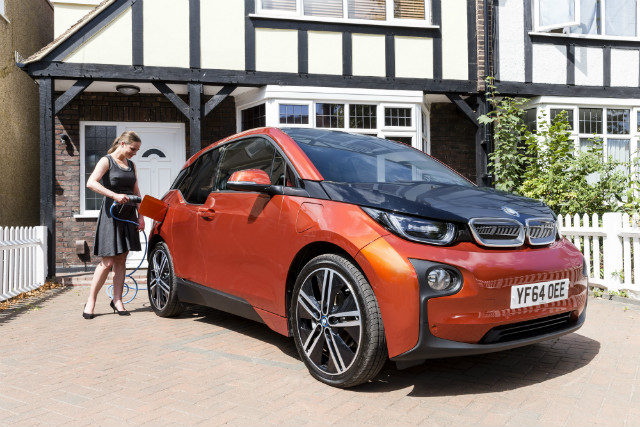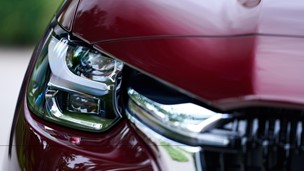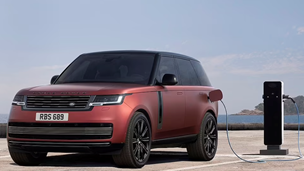A team of British scientists have developed a new kind of battery which could potentially give electric cars far superior travel range. In fact, the new technology could give electric cars the same sort of travel range as petrol-powered vehicles.
The new lithium-oxygen battery, created by researchers at the University of Cambridge, could potentially replace the lithium-ion batteries used for current electric cars.
While lithium-ion batteries are lightweight and are also used for laptops and smartphones, they have to be recharged often because of their low energy densities. Their capacity also deteriorates with age.
The lithium-oxygen battery is said to have ten times the energy density of lithium-ion batteries. That means that if it could be installed to run an electric car’s motors, it should offer far greater travel range.
It has been theorised that an electric car with a lithium-oxygen battery could travel from London to Edinburgh on a single charge. Compared to lithium-ion batteries, the new battery would also be lighter and five times cheaper.

In theory, the lithium-oxygen battery could knock down the two main barriers which have hampered electric cars from achieving huge sales in Britain, by becoming far more efficient and cheaper to buy at the same time.
The problem at the moment, however, is that the technology is still in its early stages of development. Building a functional lithium-oxygen battery has proved difficult for the research team at Cambridge, with previous versions proving inefficient and unreliable.
Professor Clare Gray, who’s heading up the university team’s research, has said that the lithium-oxygen battery is at least a decade away from the production lines.
She added: “While there are still plenty of fundamental studies that remain to be done, to iron out some of the mechanistic details, the current results are extremely exciting.”



